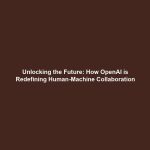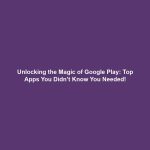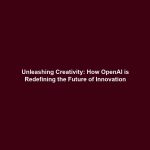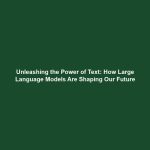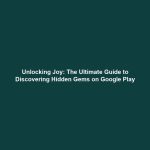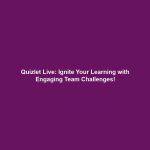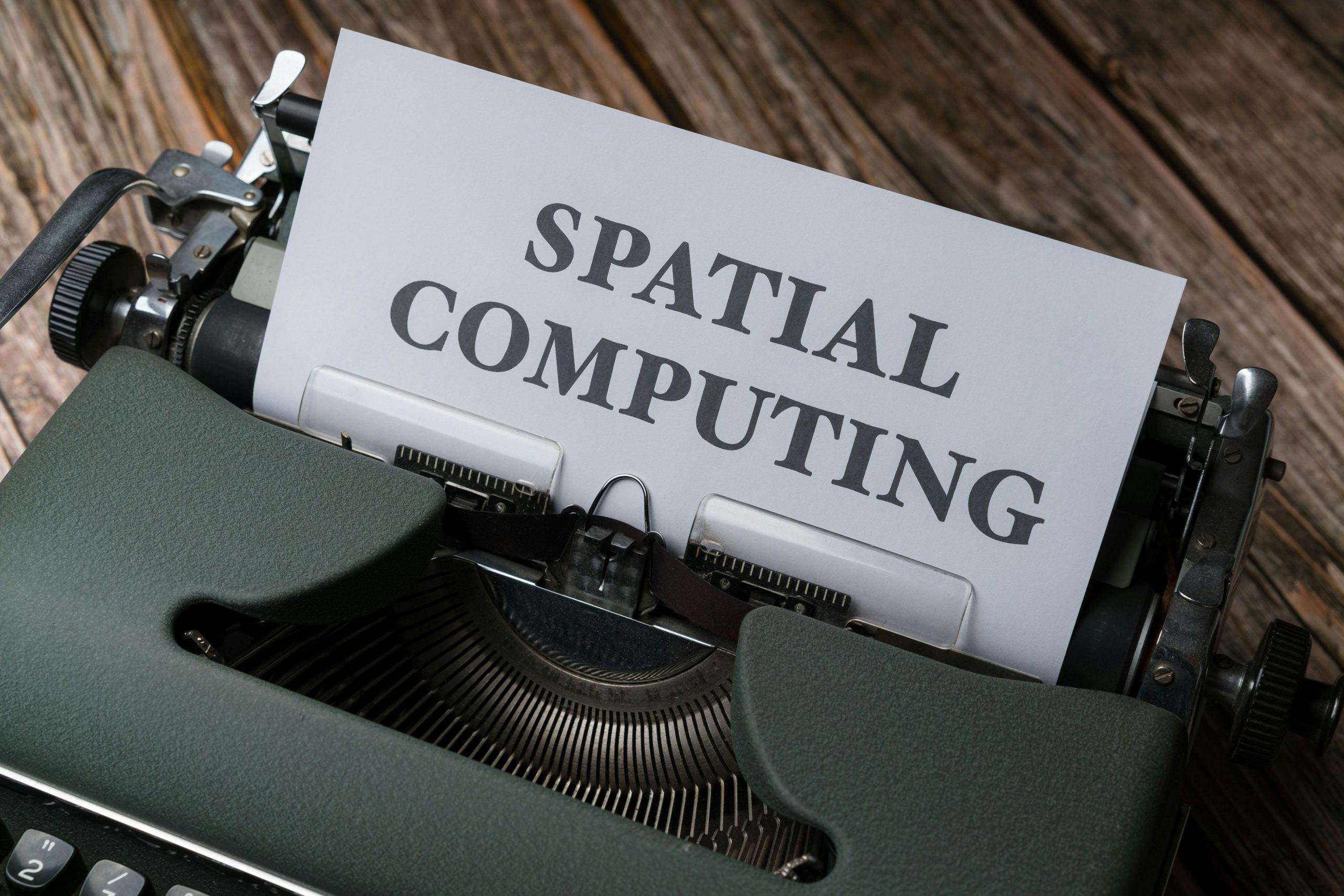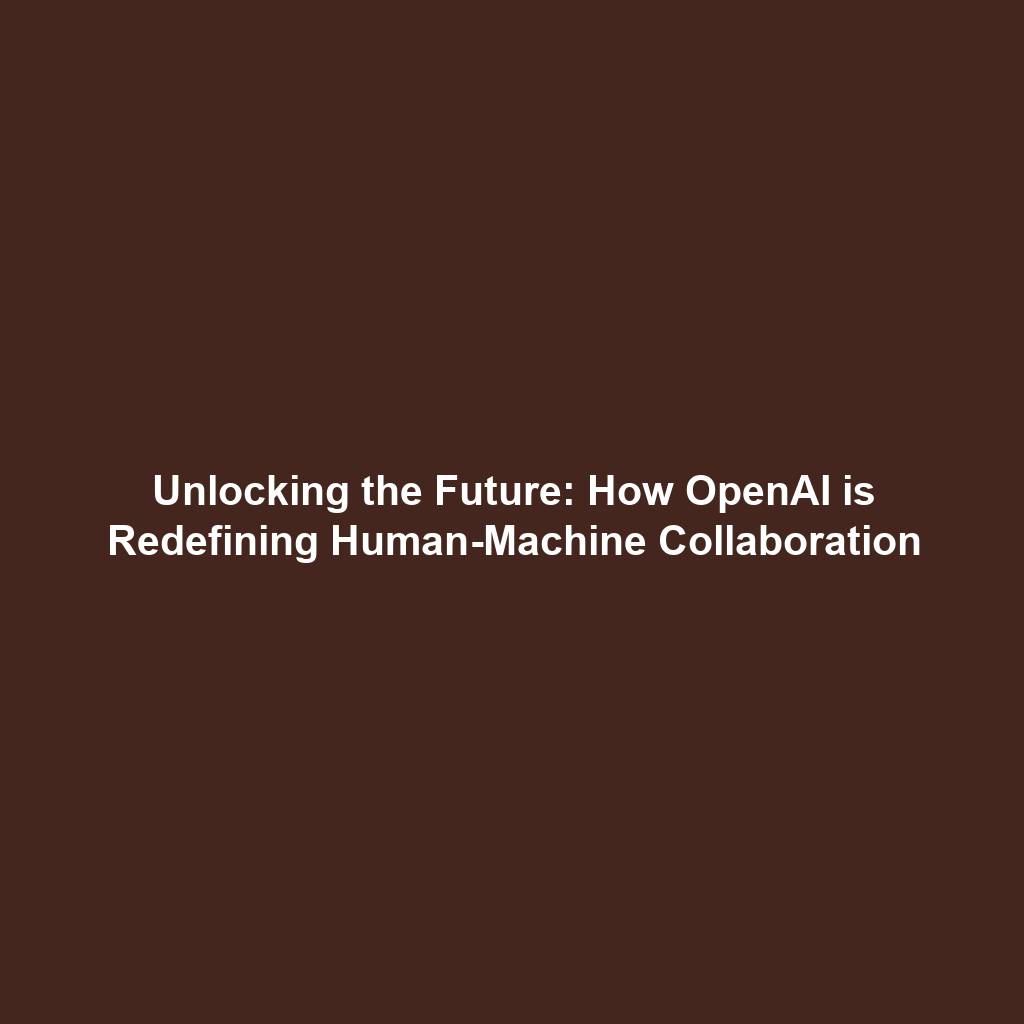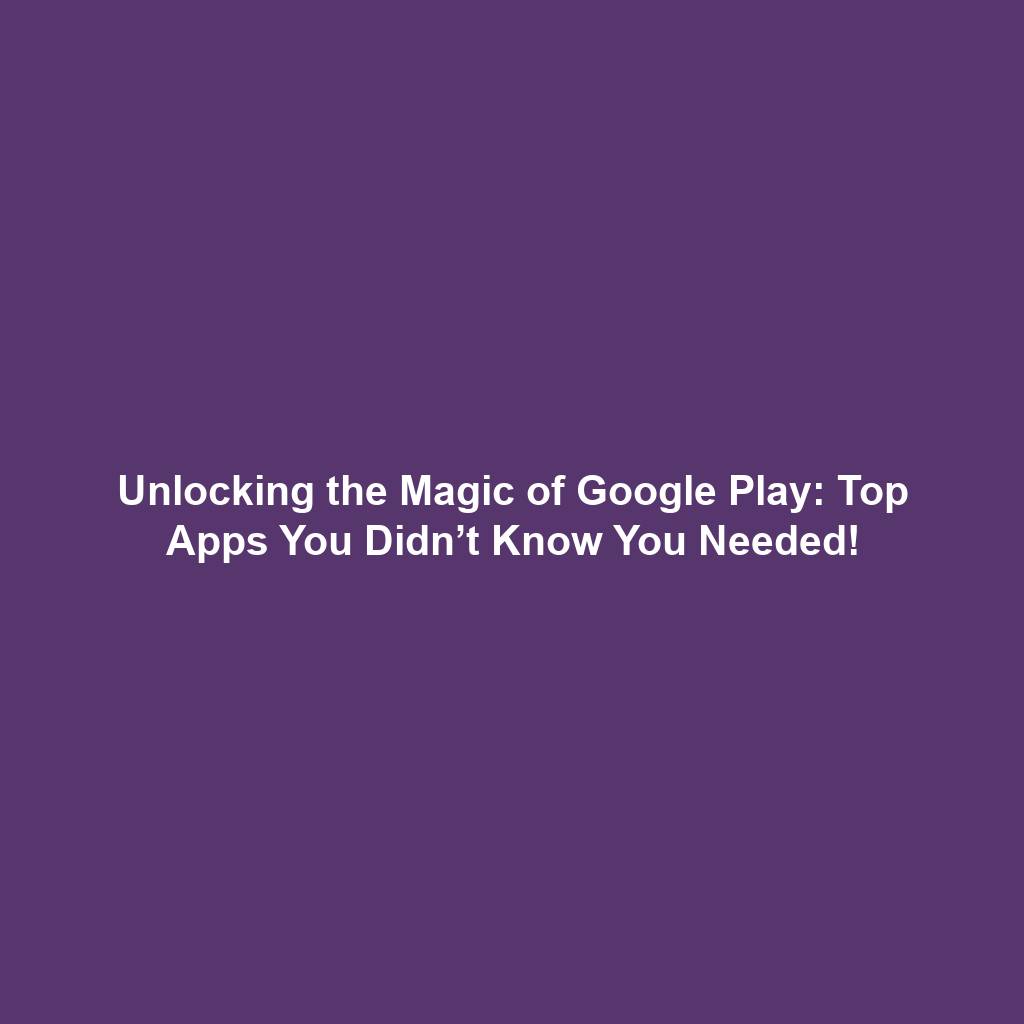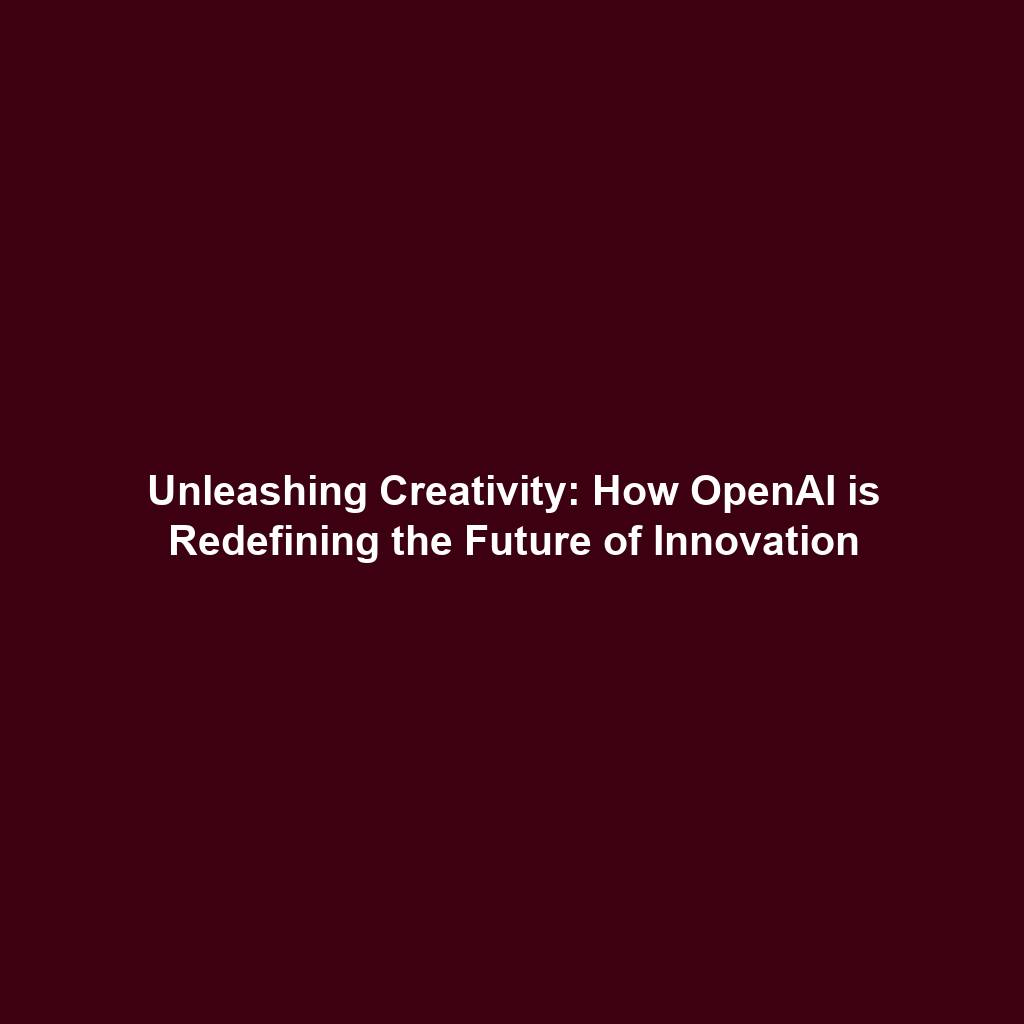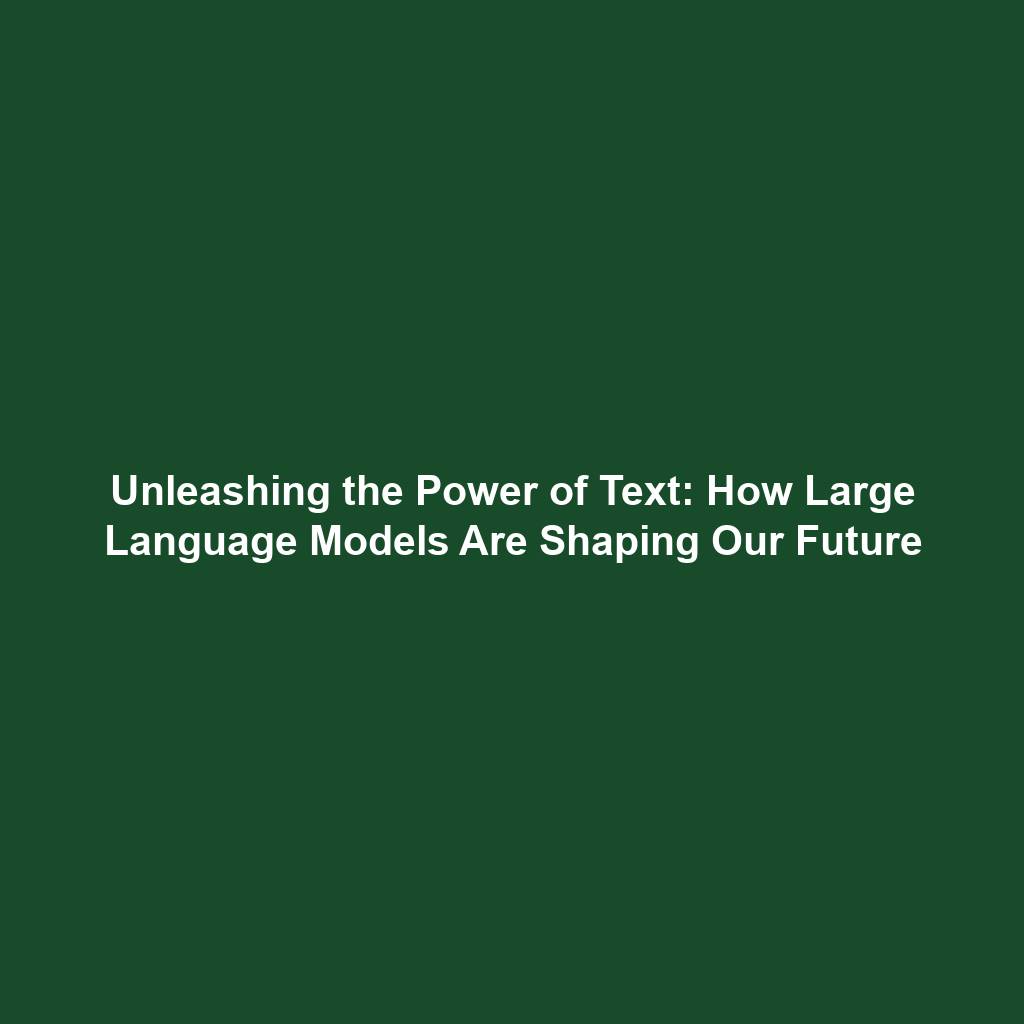
Section 2: The Multi-Platform Mandate: Meeting the Fragmented Reader
Today’s audience doesn’t sit down for a single, monolithic content experience. They snack, scroll, watch, listen, and skim, often across four or five different platforms before committing to the primary source. The future of consumption in 2025 is undeniably fragmented, demanding that authors meet readers precisely where they are scrolling. This is no longer a suggestion; it is the critical directive for navigating the digital book marketplace.
Format Evolution: From Monolith to Multi-Part Experience
Your book, your long-form essay, or your core intellectual property needs to be conceptually adaptable. If your primary work is a book, its success now often relies on its ability to spawn compelling satellite content across platforms where attention spans are shorter.
Use AI to conceptually map these deliverables:
Data shows that social platforms are becoming a dominant force in media, often providing better recommendations for entertainment than traditional services, underscoring where your audience’s attention truly is. Harnessing AI to conceptualize these multi-format deliverables accelerates your presence on these high-traffic zones.
The Engagement Funnel: Back to the Source
Here is where the strategy pivots from creation to commerce. Every piece of satellite content—the TikTok, the Reel, the optimized email—must serve a singular, higher purpose: driving engagement and traffic back to the primary, human-authored source material. This could be your e-book, your paid newsletter, or your dedicated community forum. AI can create the attractive bait, but you must lay the trail back to the treasure chest.
Actionable Tip: Ensure that every piece of AI-assisted repurposing includes a context-rich call to action that points to the source material. Instead of a generic “link in bio,” use specifics: “For the full, nuanced argument on this, read Chapter 4 of my book on building content authority.”
Section 3: Mastering the New SEO: AI-Enhanced Discoverability. Find out more about Future-proofing content creation strategies guide.
Search Engine Optimization in 2025 is less about stuffing keywords and more about satisfying complex user intent, often via voice search and conversational queries. AI tools are proving indispensable here; in fact, 65% of businesses have reported better SEO outcomes since integrating AI tools. This is less about an AI writing for Google and more about AI helping you understand what Google (and your readers) truly value right now.
Voice Search and Conversational Queries
By 2025, voice search continues its ascent, meaning content must flow naturally, answering questions directly rather than just indexing for keyword density. This is a massive win for human-written, thoughtful content that the AI can then help optimize for technical discoverability.
Use your AI assistant for these SEO tasks:
The Authenticity Paradox: Editing AI Output
While AI drives discoverability, there is a recognized risk: 60% of marketers using generative AI express concern about brand reputation harm due to bias or values misalignment. This is the fundamental reason the human editor must remain in the loop. The SEO benefit comes from the efficiency of the drafting/optimizing process, but the trust benefit comes from your final, human polish.
If an AI summarizes a complex topic too broadly, your job is to inject the specific, nuanced counterpoint that only you, the expert, can provide. This creates content that is both algorithmically optimized and humanly trustworthy. To learn more about maintaining your editorial edge while scaling, look at our piece on maintaining editorial integrity in the AI era.
Section 4: Developing an AI-Resilient Creator Identity
As AI models mature and become capable of generating highly realistic content, the value proposition shifts entirely to the creator, not the content itself. Your unique signature—the things that make people choose you over a thousand AI-generated alternatives—becomes your greatest asset. This is the core of future-proofing.. Find out more about Future-proofing content creation strategies strategies.
The Irreplaceable Signature: Beyond Proficiency
In 2025, mere proficiency in writing or video editing is table stakes; AI handles proficiency. Your value is now tied to your idiosyncratic voice, your life experience, your specific perspective on the world, and the ethical framework guiding your work. If your content could have been written by anyone, it will soon be replaced by something cheaper and faster.
To build this resilient identity, focus your human hours on:
The Skills That Remain Non-Negotiable
The skill set is evolving from pure execution to strategic prompting and data interpretation. If you are the creator, you must become a master prompter—a skilled conversationalist with your digital assistant.
The most valuable human skills going forward include:
Embracing AI accelerates your ability to experiment with these high-value skills. Want to see how others are structuring their collaboration with AI? Check out our report on creator AI collaboration case studies.
Conclusion: The Future Belongs to the Human Director
As we move deeper into the mid-2020s, the narrative of the creator economy is clear: it is powered by human ingenuity, but it is accelerated by AI. We’ve seen that AI isn’t just a niche tool; it’s integral, with 59% of creators now using it to streamline workflows.
Future-proofing your career isn’t about building a technological moat; it’s about developing a symbiotic relationship with the best tools available while fiercely protecting and magnifying what is uniquely yours.
Key Takeaways & Actionable Insights for October 2025:
The digital marketplace is becoming more competitive, but it is also more accessible than ever before. The power is not in the tool itself, but in the guiding hand that wields it. Are you ready to take the director’s chair?
What is the single biggest time-sink in your current creative process that you’re going to hand over to your new AI assistant this week? Let us know in the comments below!
